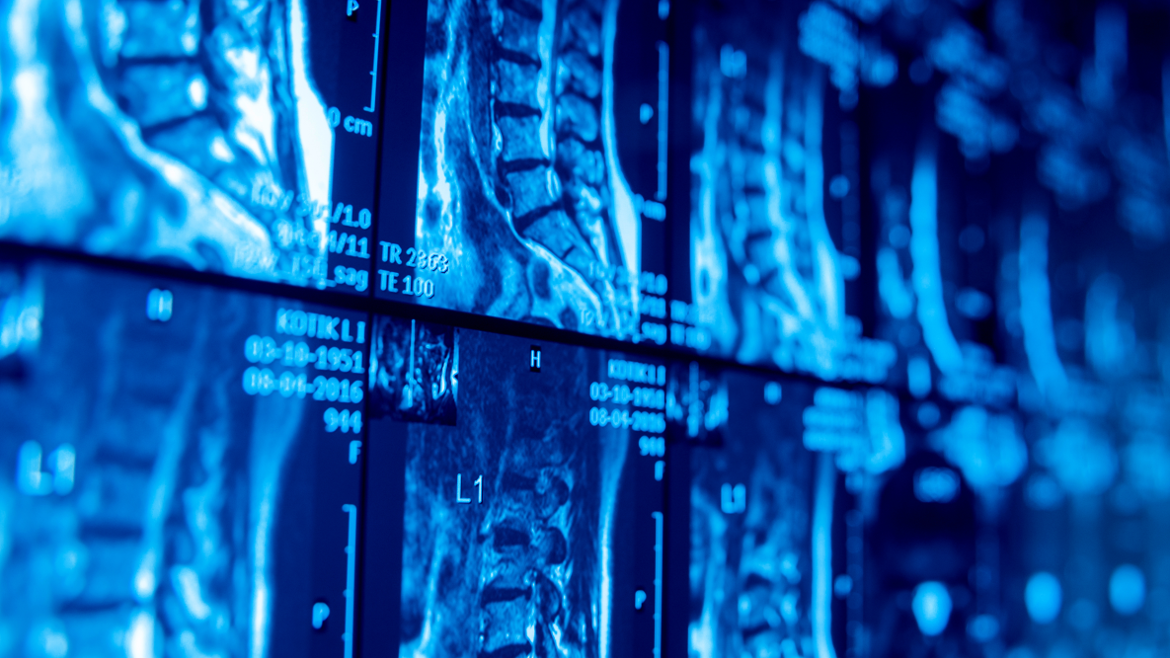Artificial intelligence (AI) is in the midst of a renaissance. New techniques are producing results, such as the defeat of a Go world champion by an AI system developed by a subsidiary of Google, which would have been unthinkable five years ago.
These techniques are not just being used to play games. Today, AI is being applied to one of humanity’s most daunting challenges: the hunt for a cure for cancer.
AI has huge potential for helping scientists manage the mind-boggling complexities of research and other data, to expedite cancer drug discovery and translate scientific findings into real benefits for patients. It can sift through billions of experimental results, identify patterns and make useful predictions about diagnoses, outcomes and responses to treatment.
In 2013 the Institute of Cancer Research (ICR), a London-based public research organisation, launched canSAR, the world’s largest cancer-focused knowledge base. It contains the entire human proteome (the catalogue of proteins that occur in the human body) and collates masses of cancer data from around the globe, including the genetic profile of more than 12,000 cell lines, over 200m experimental data points for 9,390 patient tissue samples, and pharmacological data for over a million drugs.
The scale and complexity of this data set make it ideal for analysis via AI. Since canSAR was launched in 2013, researchers have used AI techniques to run “virtual experiments”, which explore possible patterns that occur across the various data sources. This approach has already led to the identification of several “druggable” cancer proteins that had previously been missed by human researchers.
Scientists are also training AI systems to identify early evidence of cancer in patients. In a joint US study by Beth Israel Deaconess Medical Centre (BIDMC) and Harvard Medical School (HMS), an AI-based system was able to detect metastatic breast cancer in images of lymph nodes with a degree of accuracy just below that of the average human pathologist. But according to BIDMC’s Andrew Beck, “the truly exciting thing” was that combining the two methods yielded a 99.5% accuracy rate, and therefore “a major reduction in errors”.
Support for AI-based cancer diagnosis is coming from such diverse sources as Sophia Genetics, a start-up based in Switzerland, and the US government, whose Cancer Moonshot project, overseen by vice president Joe Biden, “will rely on AI to find patterns in medical data and, ultimately, help doctors to diagnose diseases and suggest treatments to improve patient care and health outcomes”, according to a White House statement.
Meanwhile, at King’s College London researchers have been using a supercomputer to predict, from just one PET scan taken before treatment, whether or not a patient with oesophageal cancer will respond to chemotherapy. The system has been trained to recognise patterns of tumour growth on its own through exposure to scans from over 100 different patients.
In the future, AI could even go so far as helping humans to find a cure for the disease, which every year kills an estimated 8.2m people globally.
In April 2016 the US biotechnology firm Berg started a clinical trial of its pancreatic cancer drug BPM 31510. The compound was discovered by an algorithm that suggests potential drug treatments for various types of cancers, using vast amounts of biological data from cancerous and healthy tissue samples.
Processing all those data manually would simply be impossible, Berg’s president and co-founder, Niven Narain, explains in an interview with Wired UK. But AI can tell “how normal cellular processes break down, how that leads to disease, and what the potential treatments are”.
Early clinical data, presented at the American Society of Clinical Oncology conference in Chicago this year, showed that BPM 31510 had shrunk tumours by nearly 25% in one patient.
The technology is still in its infancy. But there is little doubt that artificial intelligence will be a powerful weapon in the war on cancer.
Do you think AI will lead to a cure for cancer? Share your thoughts on the Future Realities LinkedIn group, sponsored by Dassault Systèmes.
Sponsored by:





